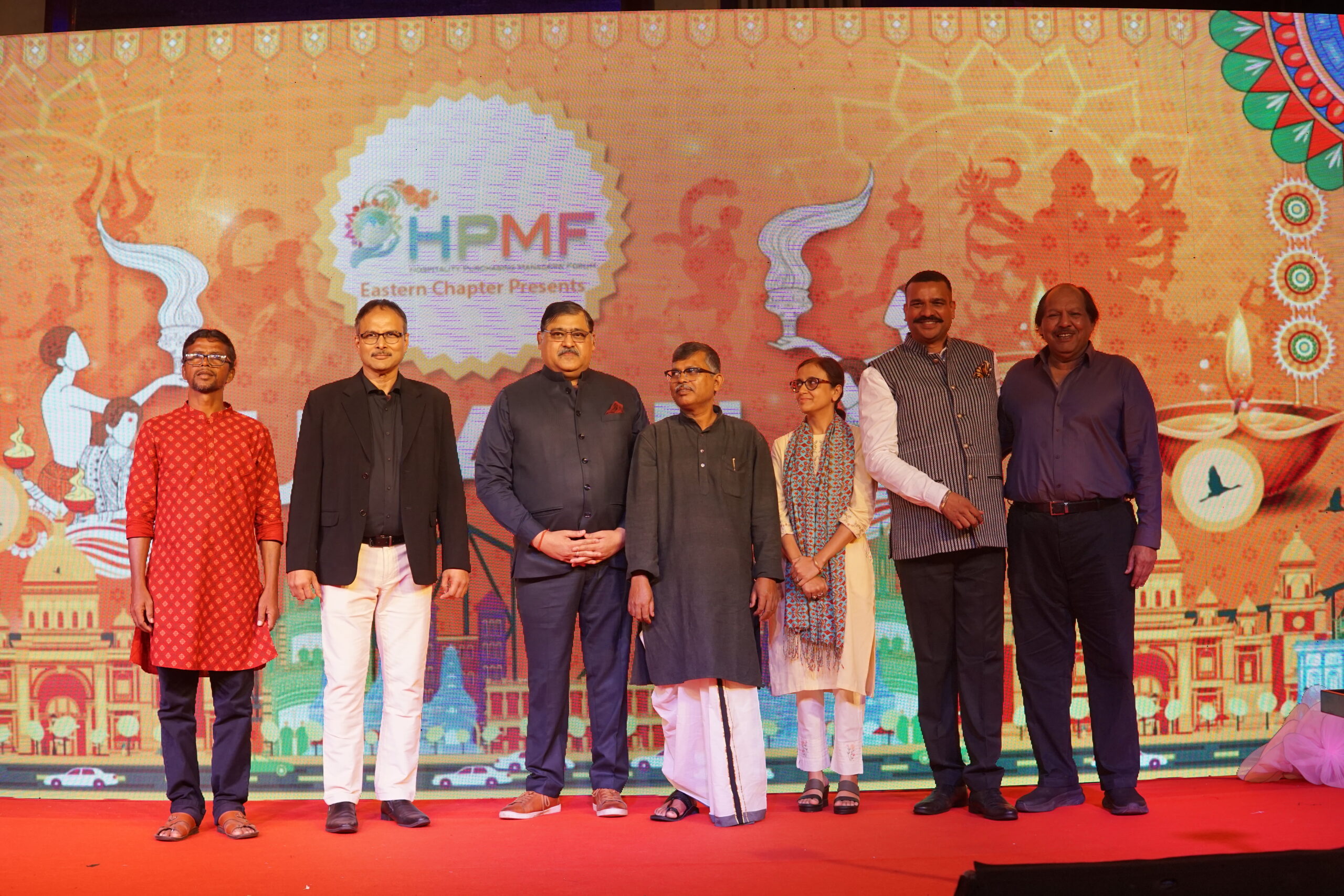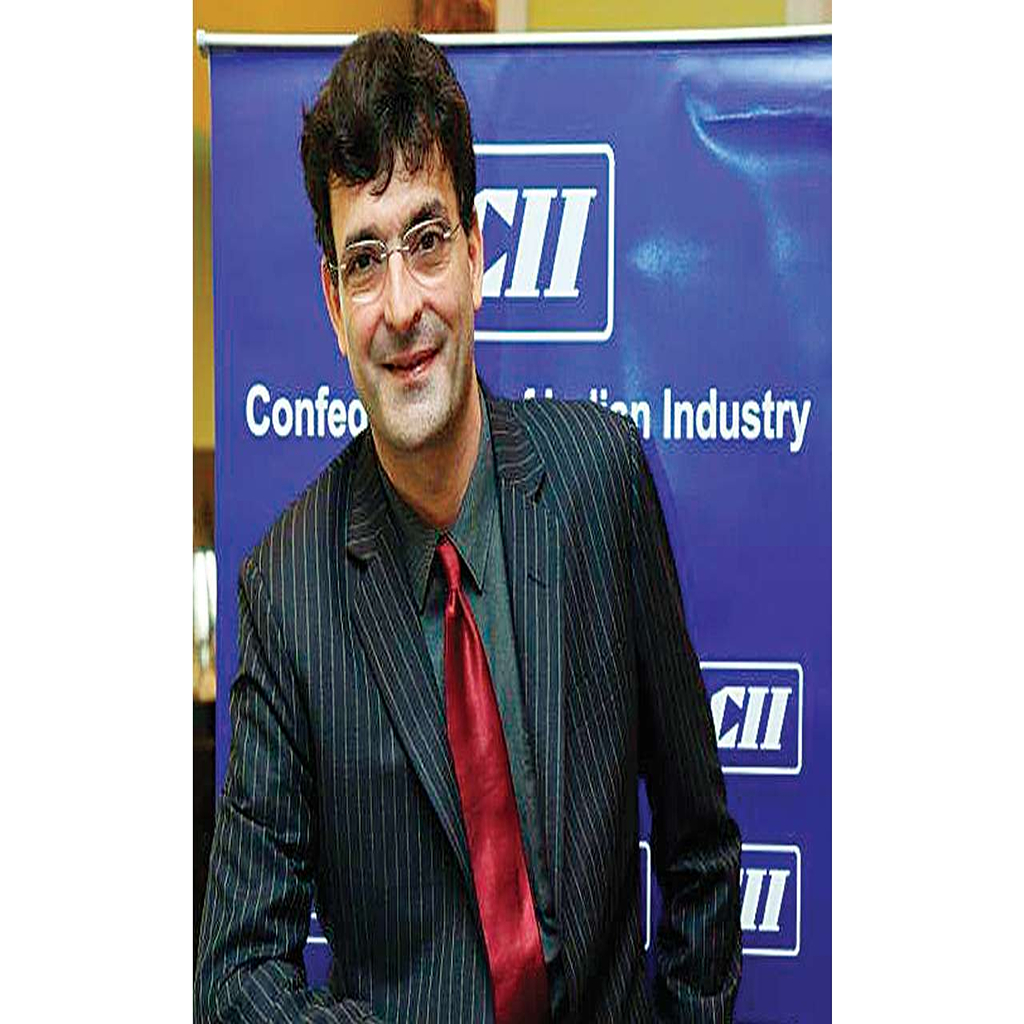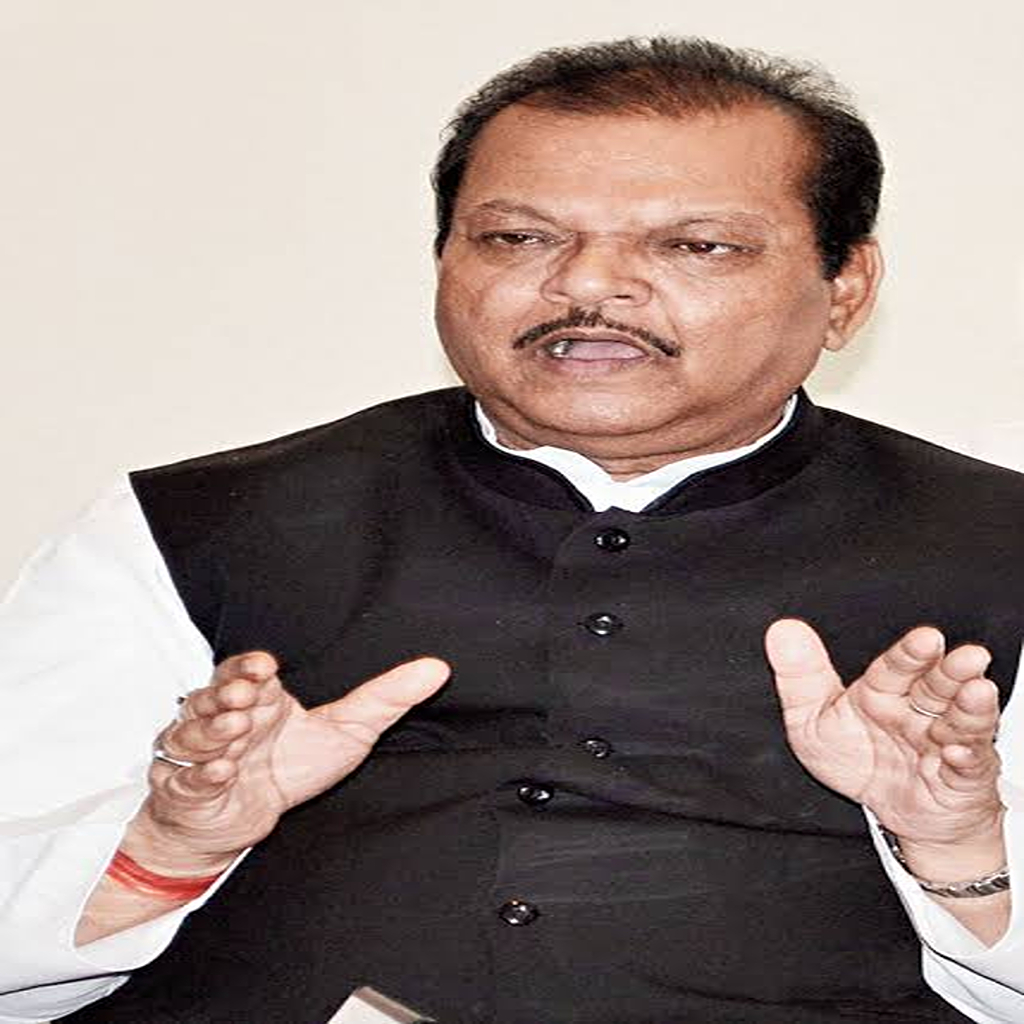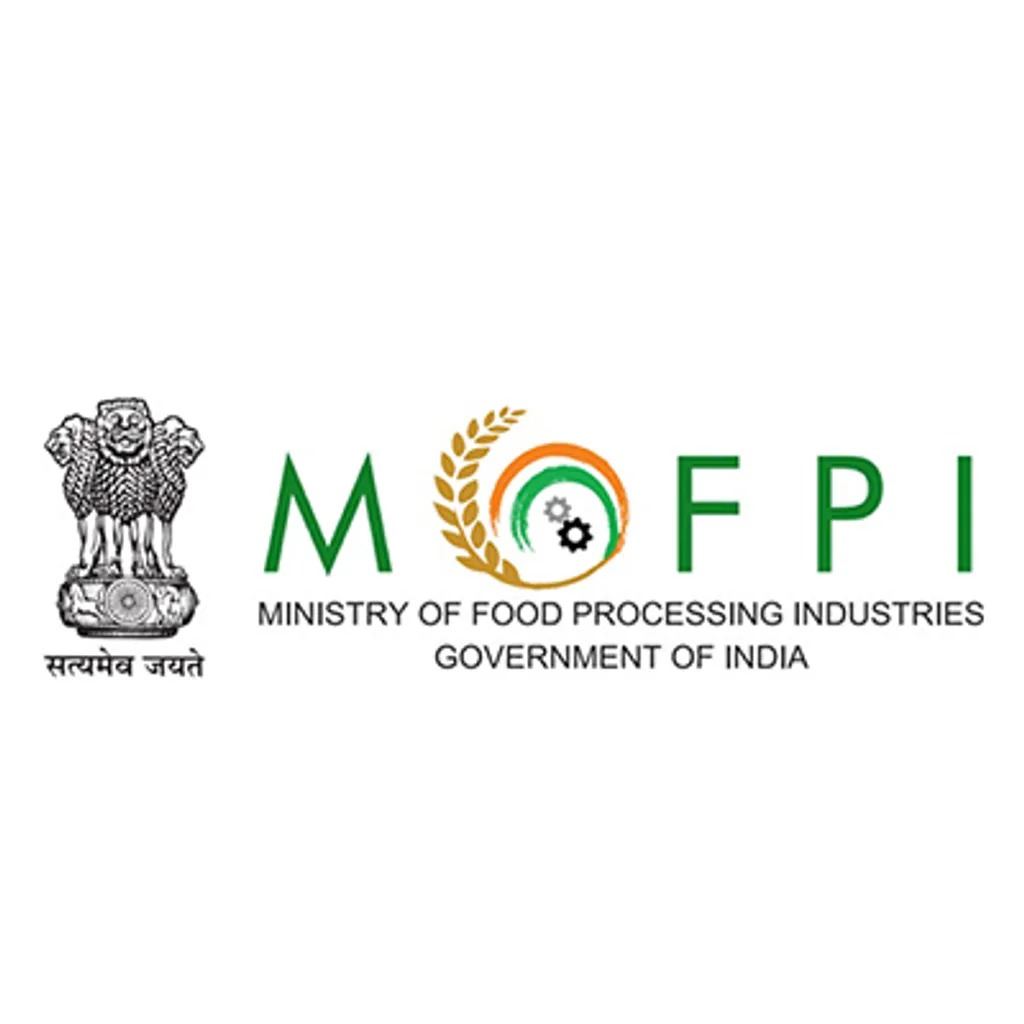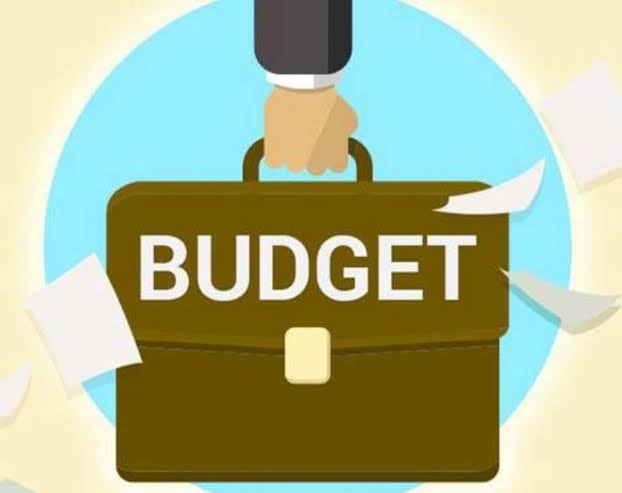
As the Union Budget 2025 approaches, India’s hospitality sector is anticipating a range of announcements to address challenges, spur growth, and attract investment. Industry leaders are calling for targeted reforms and incentives to further strengthen the sector, which has seen a robust recovery post-pandemic but faces persistent issues such as high taxation and infrastructure gaps.
Reduction in GST Rates
The hospitality industry has long been advocating for a reduction in Goods and Services Tax (GST) rates on hotel room tariffs. Stakeholders are urging the government to bring GST on room tariffs under INR 7,500 to 12% from the current 18% to make Indian tourism more globally competitive. They also seek parity in GST for standalone restaurants and hotel-based F&B outlets.
Infrastructure and Connectivity Development
With the government’s focus on promoting domestic and inbound tourism, hoteliers are hopeful for increased allocations toward infrastructure development. Investments in road, rail, and air connectivity to tier-2 and tier-3 cities, along with budgetary support for tourism circuits like the Ramayana and Buddhist Trails, are expected to encourage regional tourism and benefit the hospitality sector.
Industry Status for Hospitality
A long-standing demand of the hospitality industry is the grant of “infrastructure” status to hotels with a project cost of ₹50 crore and above, a move that would facilitate easier access to long-term loans at lower interest rates. Stakeholders believe this step could accelerate the development of mid-segment and luxury hotels in smaller cities.
Tax Benefits for Travel and Tourism
To boost domestic tourism, the industry is seeking tax exemptions on expenses incurred for travel and accommodation. Experts suggest reintroducing the Leave Travel Allowance (LTA) benefit for employees and extending it to cover international travel expenses.
Support for Sustainability Initiatives
With sustainability becoming a key focus, the hospitality sector hopes for incentives to adopt green practices, such as tax breaks for investments in renewable energy, water conservation, and waste management systems.
Skilled Manpower Development
The sector faces a shortage of skilled workers, and hoteliers expect the government to announce schemes for hospitality-focused skill development programs. Increased investment in training institutes and partnerships with global institutions are seen as critical to addressing this issue.
Boost to Adventure and Medical Tourism
As India continues to emerge as a destination for adventure and medical tourism, stakeholders are requesting policy support and financial incentives to develop these niche segments.
The hospitality industry is optimistic that the Union Budget 2025 will address these critical areas, paving the way for sustained growth and establishing India as a leading global tourism destination. With the G20 momentum still fresh and domestic tourism on the rise, the right policy framework could significantly boost the sector’s contribution to the country’s GDP and employment.
Tejus Jose, Director of Operations at ibis & ibis Styles India
The direct contribution of the Indian hotel industry to the country’s GDP is estimated to touch $1 trillion by 2047, driven by a significant jump in domestic tourist visits and international arrivals. As we approach the Union Budget 2025-26, the hospitality sector is optimistic about receiving continued support to fuel its growth trajectory. From an operational standpoint, we anticipate policies that ease taxation and incentivize sustainable practices, enabling hotels to adopt energy-efficient technologies without financial constraints. Additionally, we propose a dual GST policy of a 5 per cent GST rate and a 12 per cent GST rate with input tax credit. This approach would enable us to offset current expenses, increase capital expenditure, open more restaurants, and ultimately generate more employment and revenue for the Government.
On the hiring front, initiatives to enhance skill development through targeted programs for the hospitality sector can help bridge the talent gap and create a robust workforce. Additionally, tier 2 and 3 cities have emerged as budding heroes of the hospitality industry, with immense potential to drive the next phase of growth. We hope the government introduces incentives for investment in these regions, focusing on improved infrastructure, tax benefits for new projects, and enhanced tourism promotion initiatives. Overall, we look forward to measures that bolster tourism infrastructure, such as improved connectivity and investment in underexplored destinations, which will benefit the entire industry. A strategic focus on public-private partnerships, along with tailored support for smaller cities, can pave the way for sustained innovation and growth in the sector.
Jai Sreedhar, Joint Managing Director and CEO, Rosetta Hospitality
As the hospitality sector continues to recover and grow, the upcoming Union Budget 2025 offers a significant opportunity to address some long-standing challenges and help the industry reach its full potential.
1. Rationalisation of GST:
The current GST structure creates challenges, especially for luxury hotels. Rationalising GST rates and introducing uniformity across categories would enhance affordability for travelers and simplify compliance for operators, ultimately driving demand and revenue.
2. Enhanced Funding Support:
The hotel industry needs better funding support from both the government and banks to help with the development of new projects. Easier access to loans with favorable terms would encourage investment in infrastructure and promote overall growth in the sector.
3. Input Tax Credit on Construction Costs:
One of the pressing issues is the inability to claim input tax credit on construction costs. Allowing this would significantly ease the financial burden on hotel developers, incentivizing investment and expansion in the sector.
The hospitality industry is a critical contributor to the economy, generating employment and attracting both domestic and international tourism. Addressing these key areas in the budget would not only strengthen the sector but also contribute to India’s overall economic growth.
Manoj Bhat, MD & CEO, Mahindra Holidays & Resorts India Limited
“As we look forward to the Union Budget 2025, we are optimistic about transformational initiatives that will further propel India’s hospitality sector to new heights. The sector holds immense potential, as evidenced by an impressive occupancy rate of 68% in the last financial year—the highest in a decade—driven by a surge in both leisure and business travel. However, despite over 230 million international arrivals recorded in the Asia-Pacific region in 2023, India accounted for just 7.2 million, highlighting significant untapped opportunities. To capitalize on this potential, continued investments in robust infrastructure development are essential. We anticipate that the Union Budget will prioritize policies that accelerate infrastructure growth, streamline approvals, and encourage private sector participation. Granting the industry full sector status could be an effective way to fast-track financing and approvals, and strengthen India’s position as a global tourism hub.
Policies which will foster innovation in sustainable tourism and introducing incentives for adopting green practices, which will not only benefit businesses but also ensure long-term environmental stewardship could add another dimension to the progress of the industry.”
Rahul Sehgal, business head, Bird Foods
The Quick Service Restaurant (QSR) industry in India continues to grow at an unprecedented rate, driven by rapid urbanization, evolving consumer habits, and an increasing focus on convenience and affordability. As we look forward to the upcoming financial budget, key trends and expectations will directly impact the growth of the QSR sector and its symbiotic relationship with the FMCG industry.
The QSR industry anticipates several key outcomes from the upcoming budget, including revisions in GST rates to ease cost burdens, as the current structure (5% without Input Tax Credit or 18% with ITC) poses challenges. Streamlined tax policies could also benefit FMCG suppliers by enhancing procurement and supply chain efficiency. With the government’s focus on ‘Make in India’ and self-reliance, incentives for collaborating with MSMEs for ingredient procurement, packaging, and logistics could reduce raw material costs and boost production partnerships. Investments in urban infrastructure and smart city projects are expected to create high-traffic zones ideal for QSR expansion, while also increasing demand for FMCG products tailored to these businesses. Additionally, budget allocations promoting eco-friendly practices, such as tax benefits for sustainable packaging and energy-efficient equipment, would encourage QSR operators to adopt greener initiatives and cater to the growing preference for environmentally conscious products.
Saurabh Wadkar, Founder, Rooted – a gourmet Indian meal subscription service
“The Union Budget 2025 offers a golden opportunity to uplift India’s restaurant and food delivery sector, especially for small businesses that are the heart of this industry. Reinstating Input Tax Credit (ITC) under GST could provide much-needed relief by lowering operational costs and boosting profitability for countless restaurants and cloud kitchens.
A reduction in GST rates to 12% for restaurants and delivery services would make pricing more competitive and align with global standards, giving businesses a stronger edge. Recognizing ghost kitchens and food delivery ventures with infrastructure status could open doors to affordable loans and tax benefits, helping entrepreneurs thrive in smaller cities and towns.
Encouraging the adoption of technology through incentives could empower small players to streamline operations, cut costs, and grow sustainably. Additionally, celebrating regional cuisines through culinary tourism initiatives would not only boost local restaurants but also highlight India’s incredible food heritage.
With thoughtful measures like these, the Budget could transform the sector, creating opportunities for small businesses to flourish and strengthening their role as drivers of jobs, culture, and economic growth.”
Debaditya Chaudhury, MD- Chowman, Oudh 1590 & Chapter 2
“One of the most pressing issues is the lack of allowance for GST input tax credit in our restaurant sector. This long-standing challenge continues to increase operational costs, putting additional strain on businesses striving to recover and grow post-pandemic. Allowing input tax credit on GST would not only reduce financial burdens but also promote fair competition and transparency across the sector.
Furthermore, the Reverse Charge Mechanism (RCM) scheme adds another layer of complexity and financial strain on restaurant businesses. If the government could consider withdrawing the RCM scheme for our industry, it would provide much-needed relief and allow us to redirect resources toward innovation, job creation, and improving customer experiences.”
Teja Chekuri, Founder- Full Stack Ventures
The F&B, Restaurant and Alco Bev sectors, significant contributors to the nation’s economy in many ways ranging from consumption to promoting tourism, promoting economic growth to many other sectors directly or indirectly affected by the operations of them, Safe to say these are few of the highest employment creators in India,
In the upcoming Union Budget 2025-26, It is important that there are actionable and pro-public reforms that will increase investment and support overall economic growth of the nation are the need of the time, especially when the world is becoming one thanks to the technology. One of the primary and swift action requirements is posed by the licensing systems that create roadblocks to a chain of growth events that nurture the country’s economy.Simplifying and streamlining then through a single window process would be a futuristic approach to a sustained and long-lasting solution boosting growth and exposure to the lively and thriving people of our vibrant Nation, India.
Col. Manbeer Choudhary, CMD, Noormahal Group
The hospitality sector in India plays a crucial role in job creation and is one of the largest contributors to the country’s economy. The Union Budget 2025 could be pivotal in enhancing the industry and significantly contributing to the vision of a $3 trillion tourism GDP by 2047. One of the key expectations from the government is the abolition of the 18% GST category for hotels with room rates exceeding Rs 7,500, merging it with the 12% GST category to stimulate domestic and inbound tourism. Moreover, one of the longing demands is granting industry status to the hospitality sector, as this recognition could lead to improved access to finance, regularized policies, and a more strategic approach to tourism development. The special allocation for infrastructure development especially in tier II and tier III cities can boost tourism in the regional areas while also generating employment opportunities for the youth in their native place.
Charging zero GST or receiving a GST refund for foreign guests—would foster increased inbound tourism and enhance global competitiveness. Furthermore, incentives encouraging eco-friendly practices and dedicated investment in green tourism infrastructure can pave the way for a sustainable future. By aligning with the United Nations Sustainable Development Goals, the policies for green tourism can effectively serve the conscious travelers in the era focussed on sustainability. Additionally, initiatives focusing on digital innovation and trends can transform the hospitality sector by integrating the latest technologies and AI, enhancing travelers’ experiences.
Simranjeet Singh, Director, CYK Hospitalities
“The upcoming Union Budget 2025 is quite expected to have reforms for innovation. For start-ups and food and beverage (F&B) sectors, there is also great hope for simplified taxation, namely GST rate cuts on small eateries and essentials-those will ease financial stress. A very strong push has been made towards subsidies on packaging that preserve the environment so that food becomes scarce, aligning it to the perceptions of global sustainability. Increased budgetary support to food processing facilities might as well drive off multiple rural jobs and boost exports. Start-ups are also demanding continued tax exemptions and the removal of angel taxes so as to attract more funding. Investments into Tier 2 and Tier 3 cities will benefit from policy environments that promote digital ecosystems to stimulate innovation, especially in agri-tech, health-tech and green-tech.”
Nidhi Singh, Co-Founder, Samosa Singh.
“Being a F&B brand dedicated to prioritizing quality and innovation, we look forward to the Union Budget 2025 reforms that may vicariously fuel the growth of startups pertaining to the former. Swiftly approved policies that would potentially simplify taxation, and promote sustainable business practices can act as promoters for escalating startups like ours. F&B sector being in the focus, stimuli for local sourcing, reduced taxes on essential supplies, facilitated support for cold-chain infrastructure, can result in significantly impacting operational efficiency and product quality in the constructive manner. We hope that implementation of this budget would make provisions for a far more resilient and thriving startup ecosystem, and be the breath of prerequisite fresh air.”
Vikesh Shah, Founder, 99 Pancakes
“At 99 Pancakes, we are committed to redefining the QSR dining experience & we are hopeful about the Union Budget 2025 to address key grown enablers for our F&B Industry. This sector has been brawling with inflating operational & input costs. With a reduction in GST on dining services along with a tax alleviation on sustainability packaging could be of crucial assistance.
Scalability & Market Expansion could be the necessary impact driven from adopting advanced kitchen technologies leading to operational efficiency.
Such robust measures accredit brands like ours to continue striving towards innovation, amplifying customer experience & contributing to our country’s economic momentum.”


